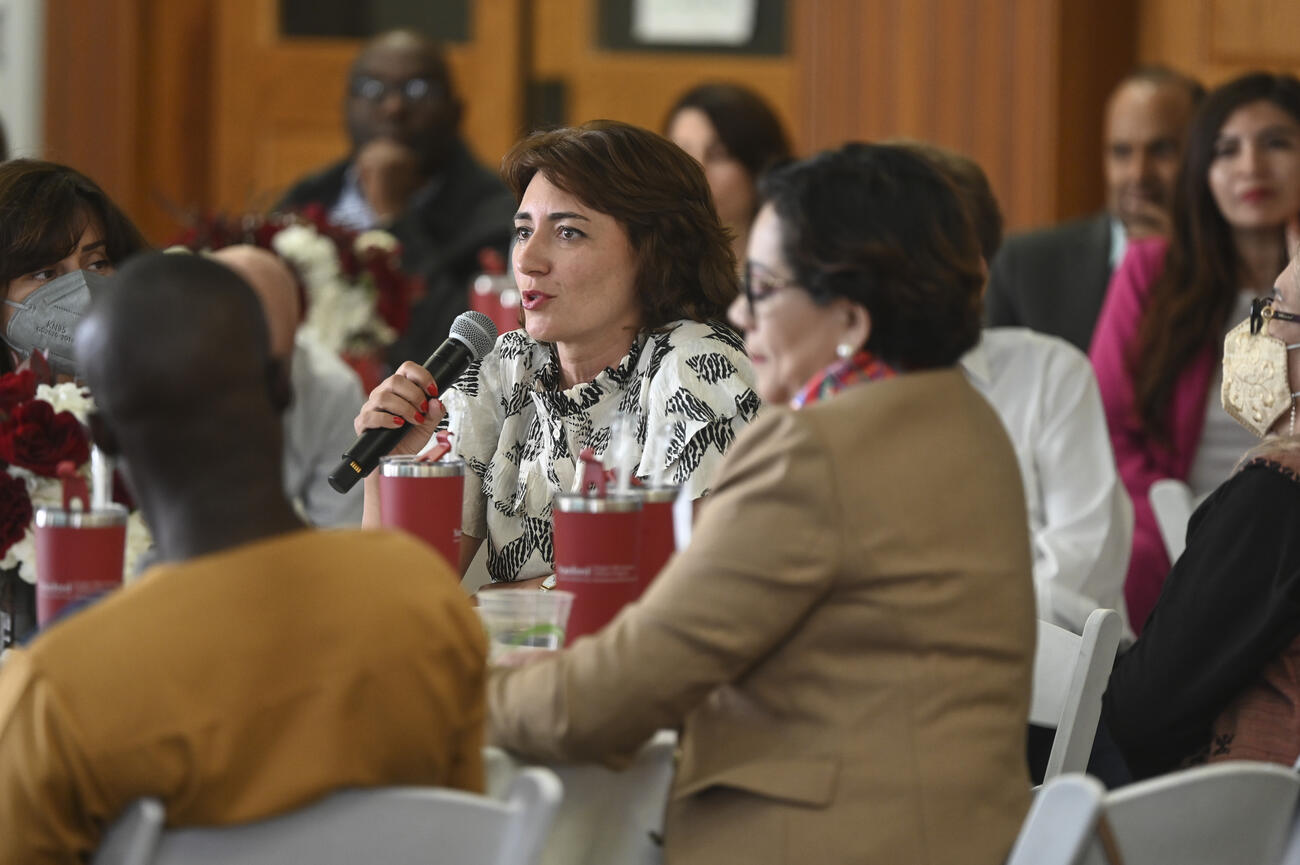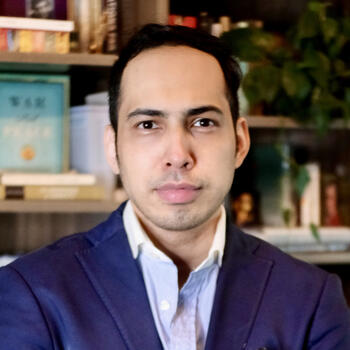Good to Be Back Again: Reflections on the 2022 Leadership Network for Change Reunion
- Read more about Good to Be Back Again: Reflections on the 2022 Leadership Network for Change Reunion
The Leadership Network for Change (LNC) is an expansive group that encompasses over 2,100 up-and-coming leaders and change-makers from all corners of the globe. This diverse and widespread network is comprised of alumni of three practitioner programs based at the Stanford Center on Democracy, Development and the Rule of Law (CDDRL): the Draper Hills Summer Fellows Program, Leadership Academy for Development, and the Strengthening Ukrainian Democracy and Development Program (formerly the Ukrainian Emerging Leaders Program). These practitioner-based training programs engage emerging civic leaders and social entrepreneurs who are working to achieve or deepen democracy and social justice in some of the most challenging environments around the world.
Reunions are always marked by the distinct nostalgia of your most memorable moments with people whom you shared lengths of time with. No doubt that the Leadership Network for Change reunion held this past summer at Stanford was one such event for me. Right from walking back into Munger residence, I immediately remembered how, with newly made friends in the Draper Hills class of 2018, we chatted as we walked back and forth to our classes or spent many hours sitting on the benches talking about global events or sharing personal stories – almost always with a bottle of wine (the famous room 555 of the class of 2018 comes to mind). For most of the people I spoke to during this reunion, there was a shared sense despite our different cohorts, of how ‘not long ago’ it was since leaving (not even the occurrence of the pandemic made it seem like it was a long time ago). It felt like we’d just been there months earlier. It speaks to how impactful our time together was and the deep connections made in and out of class experiences.
Seeing the familiar faces of Larry Diamond, Francis Fukuyama, Michael McFaul, Kathryn Stoner, and Erik Jensen reminded me how fortunate I was to have had access to legendary global democracy shaping minds. What is always humbling, however, is when they each tell you that it is an honor for them to meet us.
Over a weekend of thought-provoking panels and lectures, we had tough conversations about the global state of democracy since COVID and more recently since Russian troops had attacked Ukraine. With the depressing reality of rising authoritarianism staring us in the face, one could only marvel at the moments of inspiration that brewed during this reunion. There was a spontaneous and very somber time when during one of the sessions fellows stood up and celebrated the alumni (by name) who were no longer with us and some who languish in prisons under the grip of dictatorships. Michael McFaul followed that by asking us to share stories of hope from our regions — igniting a crackling bonfire of hope with both tears and laughter that lifted our spirits.
Honoring the life and work of Carl Gershman, the former president of the National Endowment for Democracy, at this reunion was a moment to reflect on my own journey. Carl is a giant of his era and as he recounted his years of service in support of global democracy, it felt like a challenge to serve humanity’s fragile freedom with strategy, determination, and whatever resources are at our disposal. And that, in my humble opinion, is the enduring legacy of the CDDRL Draper Hills Summer Fellows Program. It was good to be back again.
Applications for the 2023 Draper Hills Summer Fellows Program and the Strengthening Ukrainian Democracy and Development Program are open now through 5:00 pm PT on January 15, 2023. Visit each program's web page to learn more and apply.
Reunion Highlights
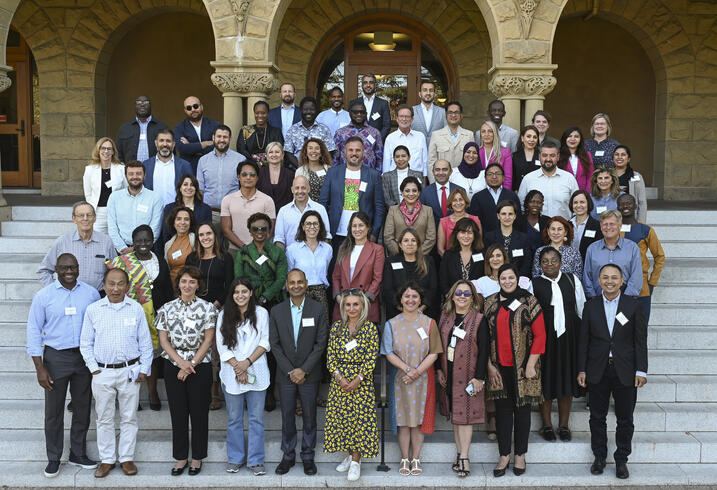



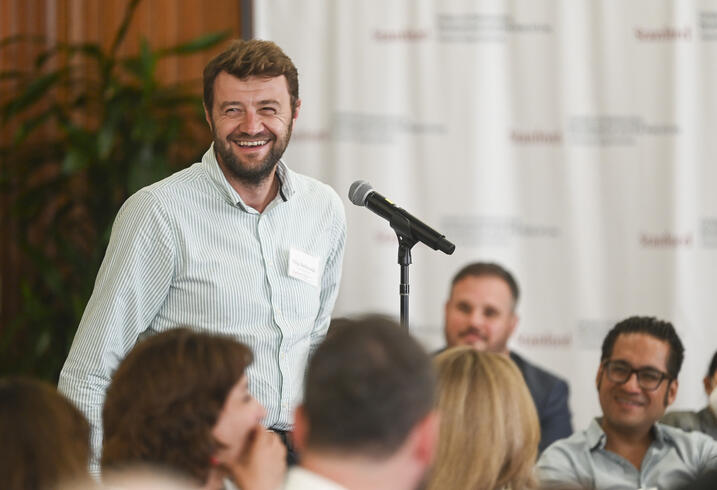
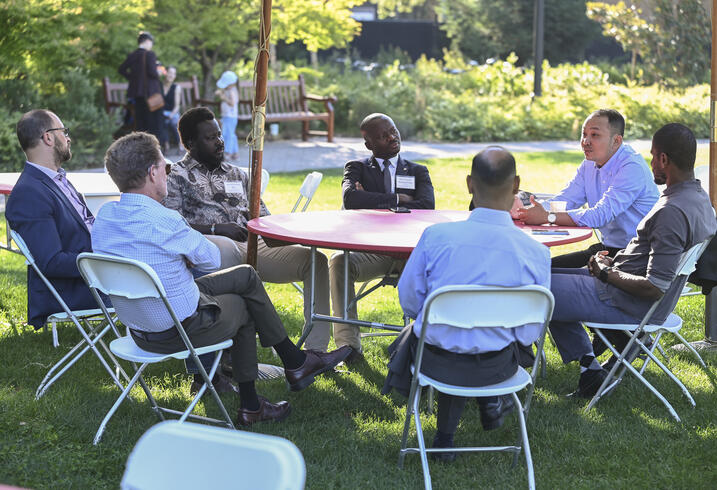

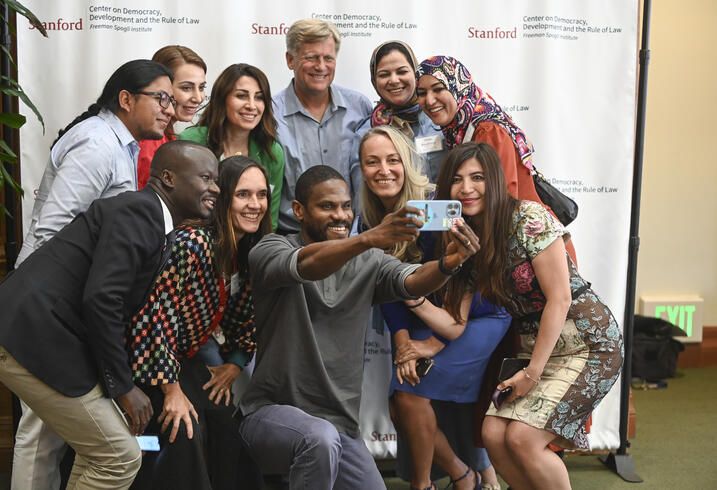


Read More
Over the weekend of August 13-15, 2022, CDDRL hosted a reunion for the LNC community on campus at Stanford. It was the first global meeting and an exciting opportunity to bring together all generations of our fellows to connect, engage, and envision ways of advancing democratic development. 2018 Draper Hills alum Evan Mawarire (Zimbabwe) reflects on the experience.

 FSI researchers consider international development from a variety of angles. They analyze ideas such as how public action and good governance are cornerstones of economic prosperity in Mexico and how investments in high school education will improve China’s economy.
FSI researchers consider international development from a variety of angles. They analyze ideas such as how public action and good governance are cornerstones of economic prosperity in Mexico and how investments in high school education will improve China’s economy.





